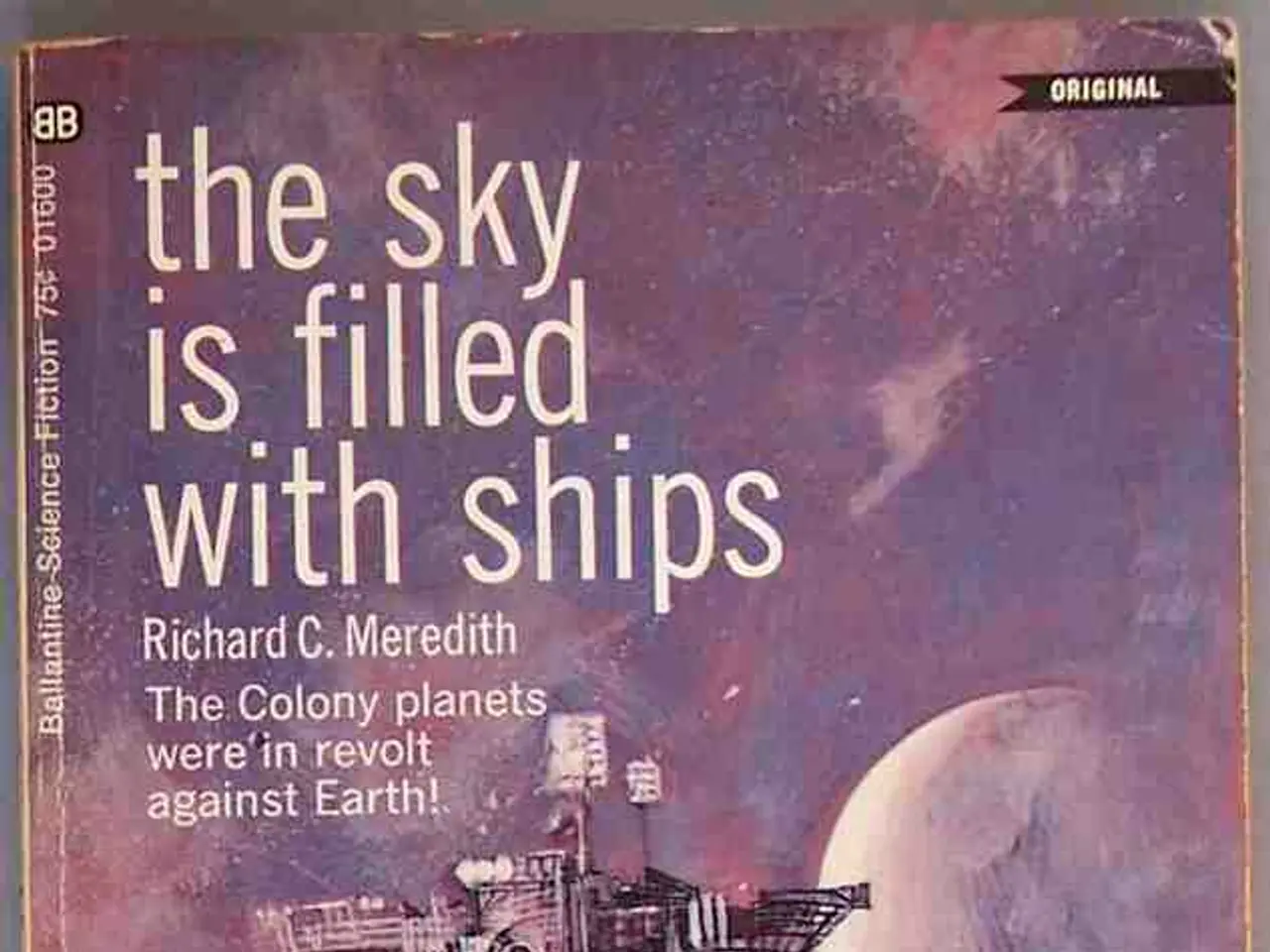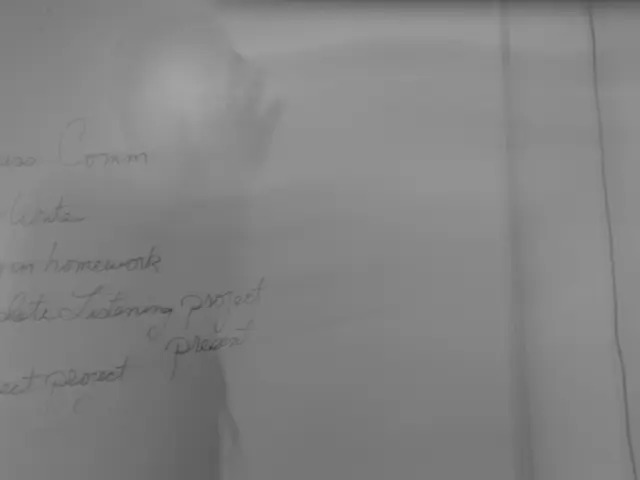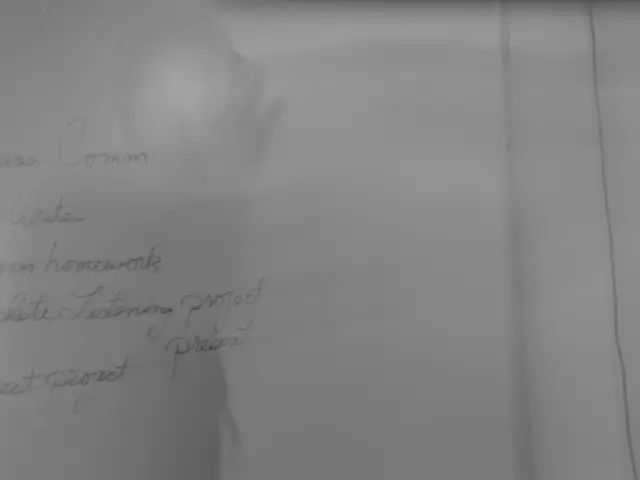Controversy surrounding bidding war for the largest known Mars meteorite
=======================================================================
A 54-pound Martian meteorite named NWA 16788, the largest ever discovered on Earth, has sparked a legal battle and raised questions about possible involvement in an international trafficking network.
Discovered in the Saharan desert of Niger in November 2023, the jagged, ochre-colored meteorite was sold to an international dealer after its discovery. The meteorite, believed to have been ejected into space when an asteroid slammed into Mars, has unique scientific research value.
However, the sale of NWA 16788 has been met with controversy. Niger claims ownership of the meteorite based on its cultural heritage laws that protect "rare mineralogical specimens," which meteorites fall under. The country does not have specific meteorite legislation but treats meteorites as part of its natural and cultural heritage, asserting that such items belong to the nation rather than private individuals or foreign buyers.
The controversy arose when the meteorite was sold at Sotheby's auction in New York for over $5 million. Niger has launched an official investigation into alleged illegal trafficking and export violations, suspecting the meteorite to be a case of illicit international trafficking. The government has suspended exports of precious stones and meteorites until further notice.
By contrast, in countries like the United States, meteorite ownership depends on where the meteorite is found—on private land they belong to the landowner, while meteorites found on public land belong to the government.
American paleontologist Paul Sereno expresses concern that the meteorite could potentially disappear into private possession. He considers the meteorite to be "nature's heritage" and "world heritage," and suggests it should be respected rather than auctioned off. Sereno also suggests that the meteorite left Niger "illicitly."
Every party involved in the meteorite's sale, from the finder to the buyer, remains anonymous. The meteorite was briefly exhibited in Italy before ending up in the auction catalog in New York.
Sotheby's, the auction house, insists that the meteorite was exported and transported in line with all relevant international procedures. A review of the case is underway at Sotheby's due to the controversy surrounding the meteorite's sale.
Matthieu Gounelle and Max Gounelle, specialists in meteorite regulations, believe that meteorites should be included in the protected specimens under Nigerien law. They argue that the meteorite's sale raises science ethics questions and could potentially limit future scientific research.
NWA 16788 is significantly larger than other recorded Martian meteorites, offering unique insights into the geological history of Mars. Its scientific value could contribute to understanding the cosmos. The case of the Martian meteorite in Niger illustrates the legal complexity and ethical debates surrounding meteorite ownership, emphasizing respect for scientific value and cultural heritage.
- The controversy surrounding the sale of NWA 16788, the largest Martian meteorite ever discovered on Earth, has not only raised questions about potential involvement in international trafficking but also sparked science ethics debates.
- In the realm of science, the unique research value of NWA 16788 could provide significant insights into Mars' geological history, contributing to a greater understanding of the cosmos.
- Meanwhile, in the world of finance and general news, the sale of the meteorite at Sotheby's auction has been met with concern, with some arguing that its value extends beyond the financial, encompassing its status as "nature's heritage" and "world heritage."




